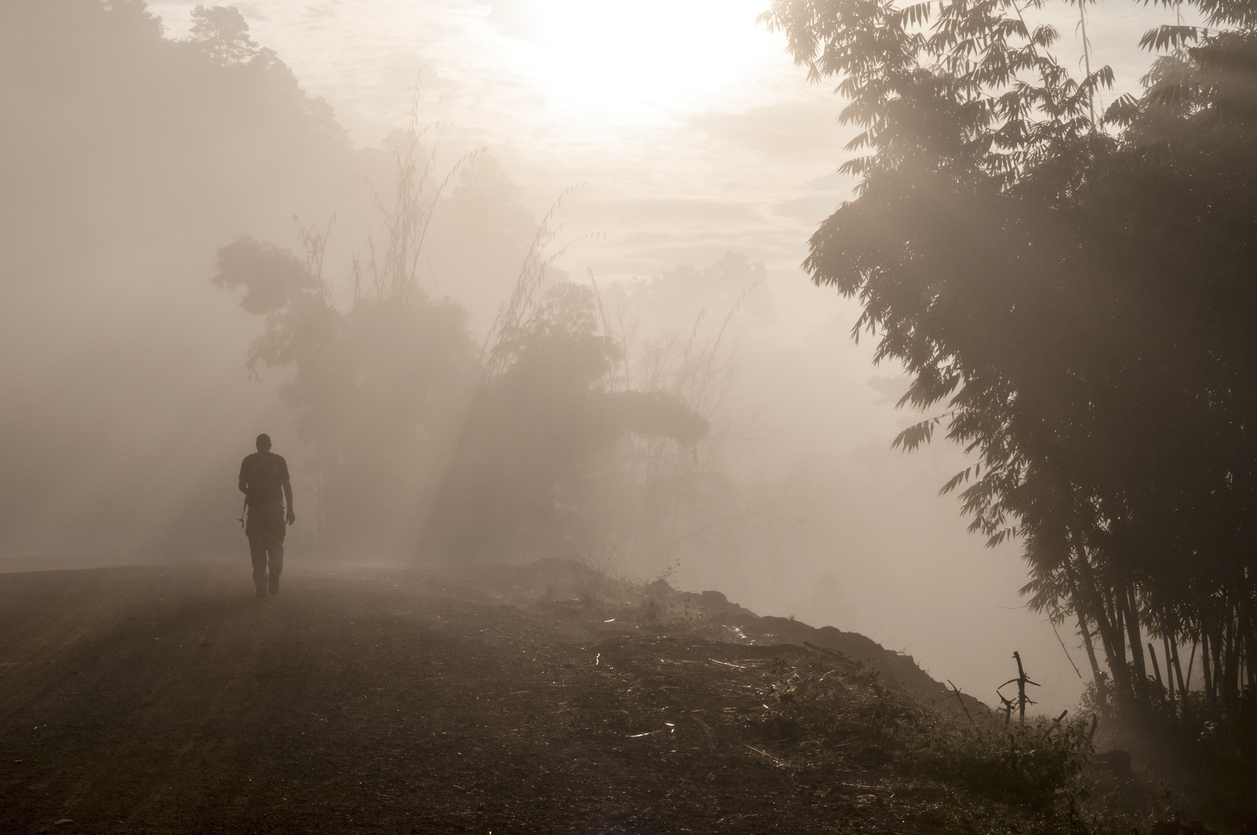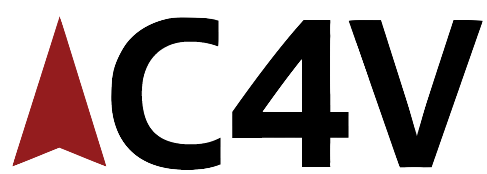Yearning for meaning in international development

It takes a certain acquired skill to balance a career as a practitioner in humanitarian response and international development with a “night job” as an adjunct professor of public policy. I have done this delicate balancing act at both Georgetown University and the University of Maryland for two decades; I have no plans to stop anytime soon.
In both my practitioner and pedagogical work, my motivation is the same. I’m an ethicist; I work to help people find their best way to traverse very complicated moral landscapes, avoiding terrain that would require them to make tough moral trade-offs. In that role, I embrace almost any opportunity to foster a robust discourse on the means and ends of international development, and why (and how) it all matters.
My two-career pattern puts me in daily contact with two very different populations. The senior level practitioners with whom I engage have both wisdom and experience, but also a significant degree of accumulated cynicism. Often, they appear passively accepting of the prevailing norms and expectations of the “development industry”. Perhaps becoming “highly effective” in a fiercely competitive industry has left them with no time and little inclination to discuss what humanitarian response and international development ought to be about. They already know that it must be about winning the next proposal, finding that innovative and winning formula to meet USAID’s scope of work in tight alignment with how USAID frames the objectives. That’s what keeps the revenue flowing and the bills paid, and that’s obviously very important. Expecting practitioners to periodically set time aside for thoughtful, proactive contemplation about moral values isn’t covered by overhead in an industry with tight margins, and sharing too much with colleagues from competing firms and nonprofits is frowned upon when your team needs to win.
Students have far fewer constraints to such contemplative pursuits; indeed, that’s what their world is about. I relish my weekly opportunities to engage with the best and brightest of students and scholars as we all wrestle complex but very real-world scenarios. We delve into considerations of who (individual, country, or other international actor) morally owes what to whom and why. We take the time to consider what makes development “good”, who ought to exercise decision-making in this context and why, and how entrenched systems of oppression (think patriarchy, homophobia, racism, anti-Semitism, ageism, ableism, etc.) have come into being and what can – and cannot – be done about them.
My students bring their best efforts to this work, gaining knowledge and building a moral vocabulary and the awareness needed to see human rights as far more than laws and treaties, and the recognition and respect of universal human dignity as the bedrock of moral commitments. They learn the irony of investing time and resources in empowering women and girls, while next to nothing is being done at an appropriate scale to challenge and change the deeply entrenched and pervasive patriarchal norms that almost always deny the opportunities and freedoms that men take for granted to all but the most determined women. We study the wrenching realities of gender-based violence, knowing that this is almost entirely perpetrated by men, but finding men nearly absent in the hard work needed to stop GBV – and we soon come to know that few people of any gender seem to find men’s absence surprising.
Most importantly, my students learn that moral awareness and the care and concern that attends to that awareness is the most powerful motivational force for positive change in the world. We take courage from the most compelling case study ever: the rapid emancipation and rise of women throughout the world. While full and equal empowerment remains a distant goal for many women, the growth in women’s agency, opportunities, freedom, and stature already achieved in the last 50 years exceed all previous changes in the recognition and respect for women’s dignity achieved over the past 20,000 years. There is hope.
The obvious challenge in straddling being professor and practitioner is all about that hope. I give my best effort to send my public policy students – many of whom pursue careers in humanitarian response or international development – into their careers with the capacity to ask searching questions and seek meaningful, ethical answers. I do so in the knowledge that the aid and development industry as we know it has almost no room for moral inquiry, few people with any time to spare to discuss meaning (not on company time), and almost no one trained in applied ethics at any stage of critical decision making. Even though the Center for Values in International Development is the only organization of applied ethics within the North American relief and development industry, we struggle to get anyone’s time or attention, much less their requests for our services.
From the outset, my graduates will enter a profession that is supposed to be deeply concerned with addressing both human suffering and human wellbeing, both environmental exploitation and environmental integrity, and with the need to equitably distribute resources that are all too scarce in a world characterized by inequity. They will learn that the industry of humanitarian response and international development now is being challenged by strong voices from the Global South, demanding localization and decolonization. Meaningful partnerships between Global North and Global South are long overdue.
Sadly, it won’t take them long to see that here in the Global North, “localization” so far has only come to mean a very impoverished exploration of the minimal processes that will satisfy at least some political pressure. Deeper but fundamental localization questions go unasked and unanswered, e.g., how ought USAID/Washington advise Global North practitioners (including USAID staff at missions) – those who are solid in their support of the human dignity and rights of LGBTQI+ persons – how best to find acceptable ways to work alongside certain local partners who hold strongly anti-LGBTQI+ cultural values. There is no turning back now from the compelling moral arguments for practitioners in the Global North to recognize and respect local agency in the Global South, but the inherent values conflicts between them cannot be wished away.
Fortunately, my graduates will find that most of their work colleagues are good people. They are there because they care, although morale among these good people may not be high. The norms of the industry have made no institutional space to respond to caring people’s quest for what development means. Practitioners in our system largely must simply do what the funder says to do, and they must do it very well. Questions of meaning achieve little traction and few answers given that reactive stance that practitioners must adopt, and it is therefore not surprising that there is so little demand for the professional services of those who are trained in the use of the analytical, awareness-raising, and discernment tools of applied ethics to help tackle those questions of meaning.
Sadly, my students-turned-development practitioners also will learn that the public-facing values and mission statements of nearly all the organizations and firms who dominate this industry are at best wishful aspirations, and at worst simply website wallpaper. None of these practitioner entities seek to explicitly measure their performance against these self-declared moral standards; few of them even know that this is possible, or that this is what the field of applied ethics does in so many other industries.
The Center for Values continues to be invited by many firms, organizations, universities, and USAID missions to share our perspective as applied ethicists in (free) lunch & learn events – events about meaning – where we are consistently met with enthusiasm and robust engagement. Practitioners do care; they find their way to the few shared spaces where that caring and commitment can find voice. Institutions such as the Society for International Development and InterAction work hard to foster this type of discourse. Initiatives such as the WILD Network are powerful change agents, unafraid to challenge norms and ask the deeper questions of meaning and value.
Some organizations and firms have genuinely visionary leaders taking concrete action to establish and pursue a broader change agenda. A few are working hard to understand the moral values that best define their identity and motivate their actions, so that they can bring that level of awareness, drive, and discernment to their operations, programming, and advocacy. Looking forward, I’ll do my best to steer my graduates in their direction.


